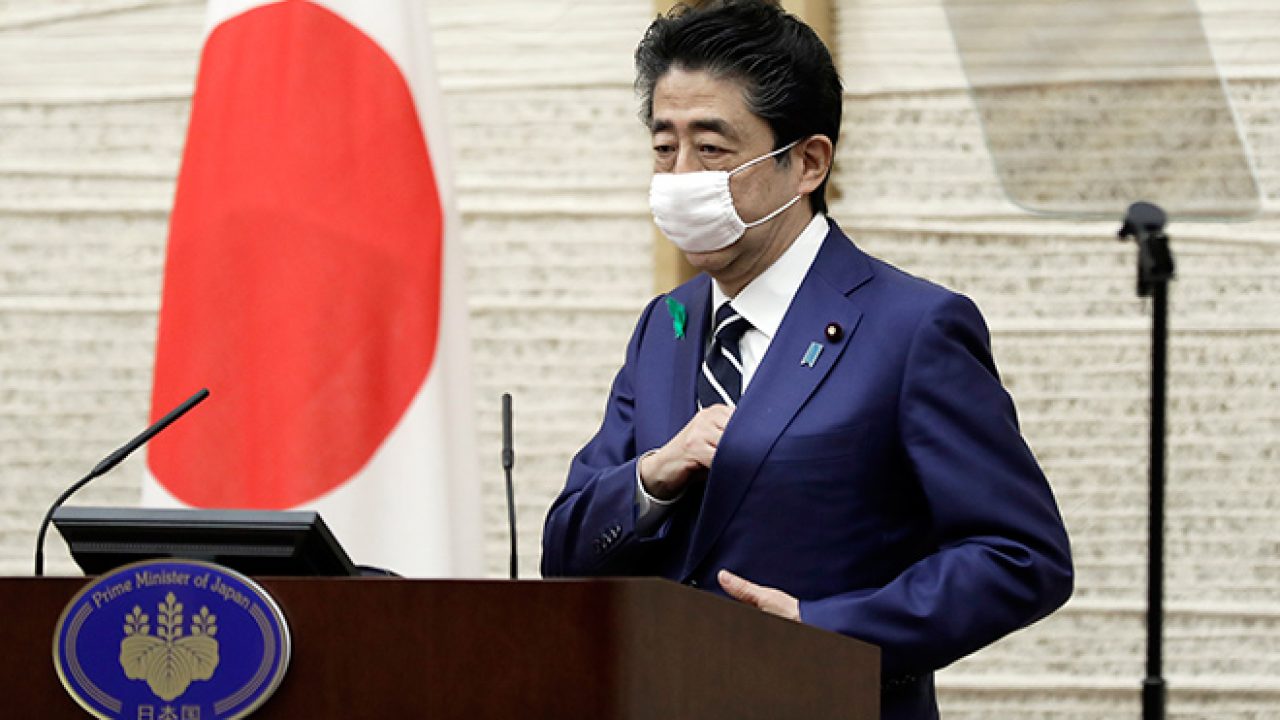Breaking News
Why is Japan Pressuring Japanese Companies to Leave China?

Recently, Japan has sought to reduce its dependence on China for the production and supply of various important and useful products.
The government is pressuring Japanese companies to withdraw investments from China. Japanese Prime Minister Shinzo Abe has already announced an incentive package of $2.2 Billion economic stimulus package to help its manufacturers shift production out of China . China seems to be concerned about Japan’s decision.
This is because the decision to withdraw Japanese investment could have a negative impact on other foreign investors investing in China . For one thing, Japan’s decision to withdraw its investment from China should not be exaggerated in such a way that Tokyo hints at severing economic ties with Beijing.This will have different geopolitical and geopolitical implications.
Like China’s BRI project
In the overall context, the regional and global production and supply chain, which is dependent on China, is likely to be in jeopardy again in the future.
Although Shinzo Abe seems to be very interested in China’s Belt and Road Initiative (BRI) recently, Japan has no choice but to back out of China’s embrace at the moment.
The Corona virus situation highlights China’s underlying rupture.
This situation has reduced the confidence of others in the administration of the country. In addition to the official demand from China for corona control there, experts believe that there is a risk of another epidemic in the country. It will take China a year to get out of the corona .
There are two immediate reasons why Japan wants to reduce its dependence on China for its supply chain.
Many Japanese companies rely too heavily on China for important products, and they are “betting” on China. But the Corona situation has shown how risky it is for Japan’s regional and global supply system to depend solely on China. This situation teaches that Japanese companies must reduce their monopoly on China, reduce risk by investing in different areas, and streamline the supply chain. Especially in the case of very urgent products that depend on the status and security of Japan.
Japan and the United States have opportunities to work with each other in many ways.
In this case, they need to think about how they can work with FOIP in the long run. We have to go for talks with our allies, businessmen and finance ministers. The European Union, ADB, World Bank should also talk to them about investment. In this way they can find different developing countries as manufacturers and suppliers of goods as an alternative to China in the Indo-Pacific region.
